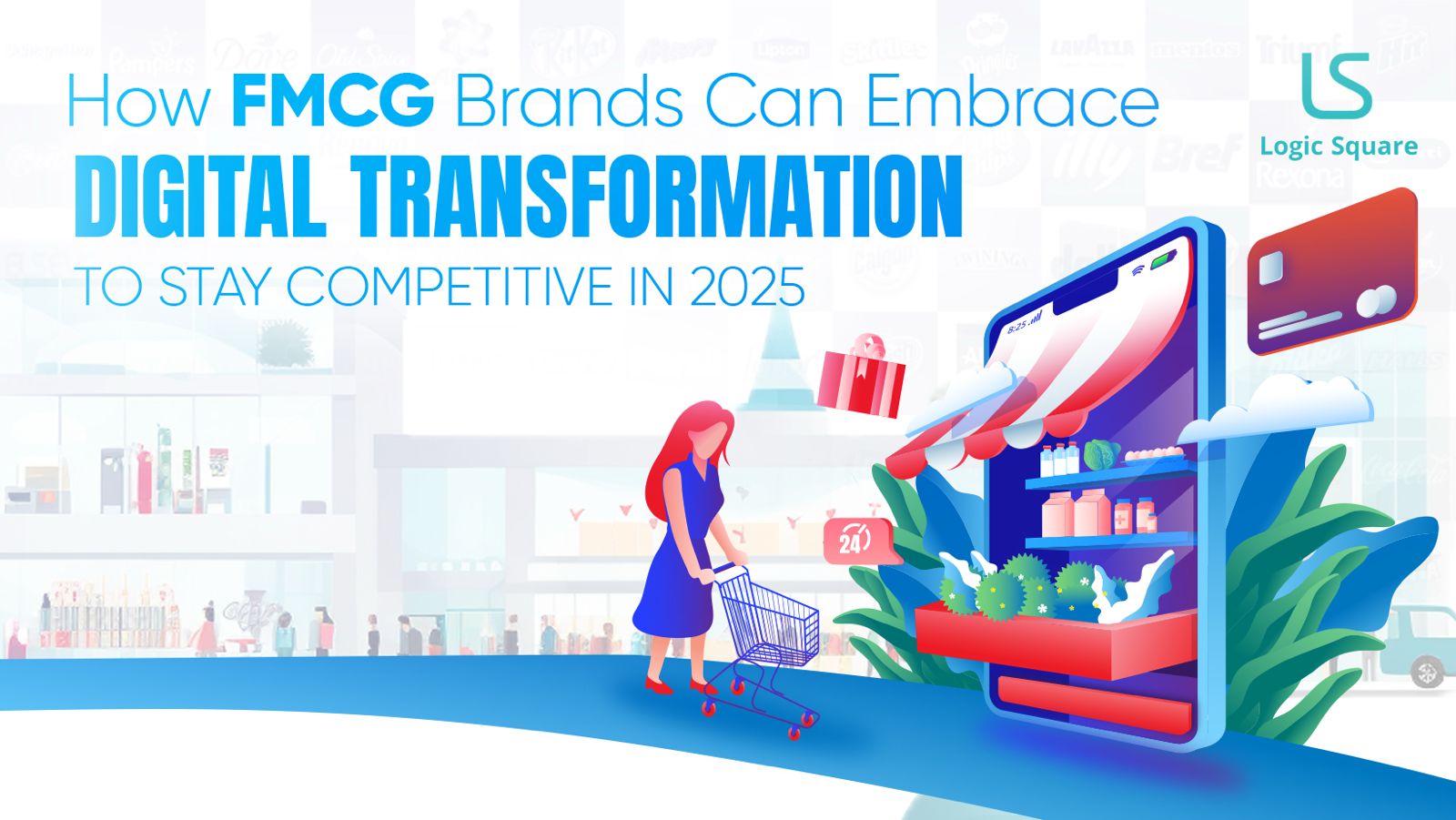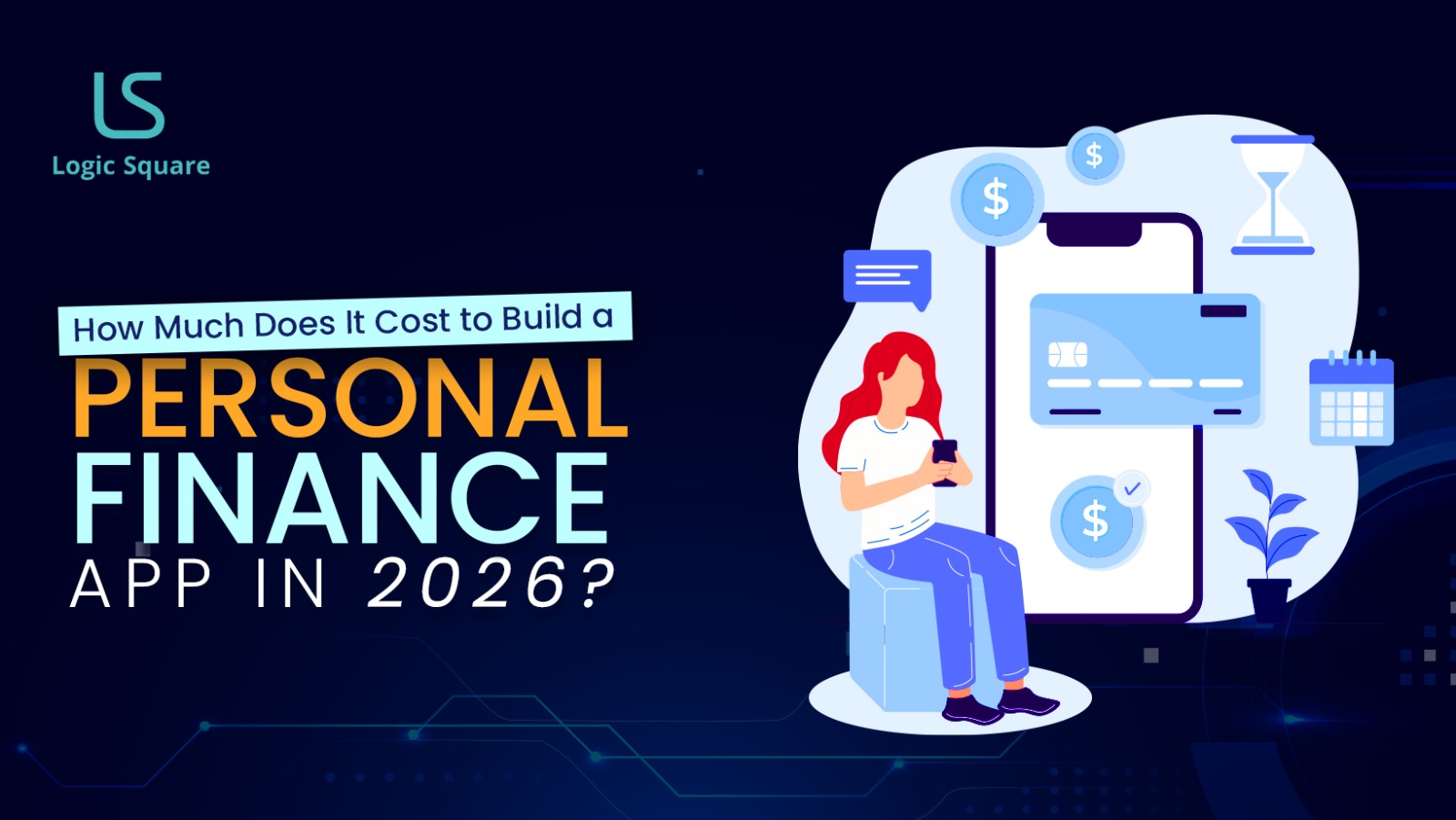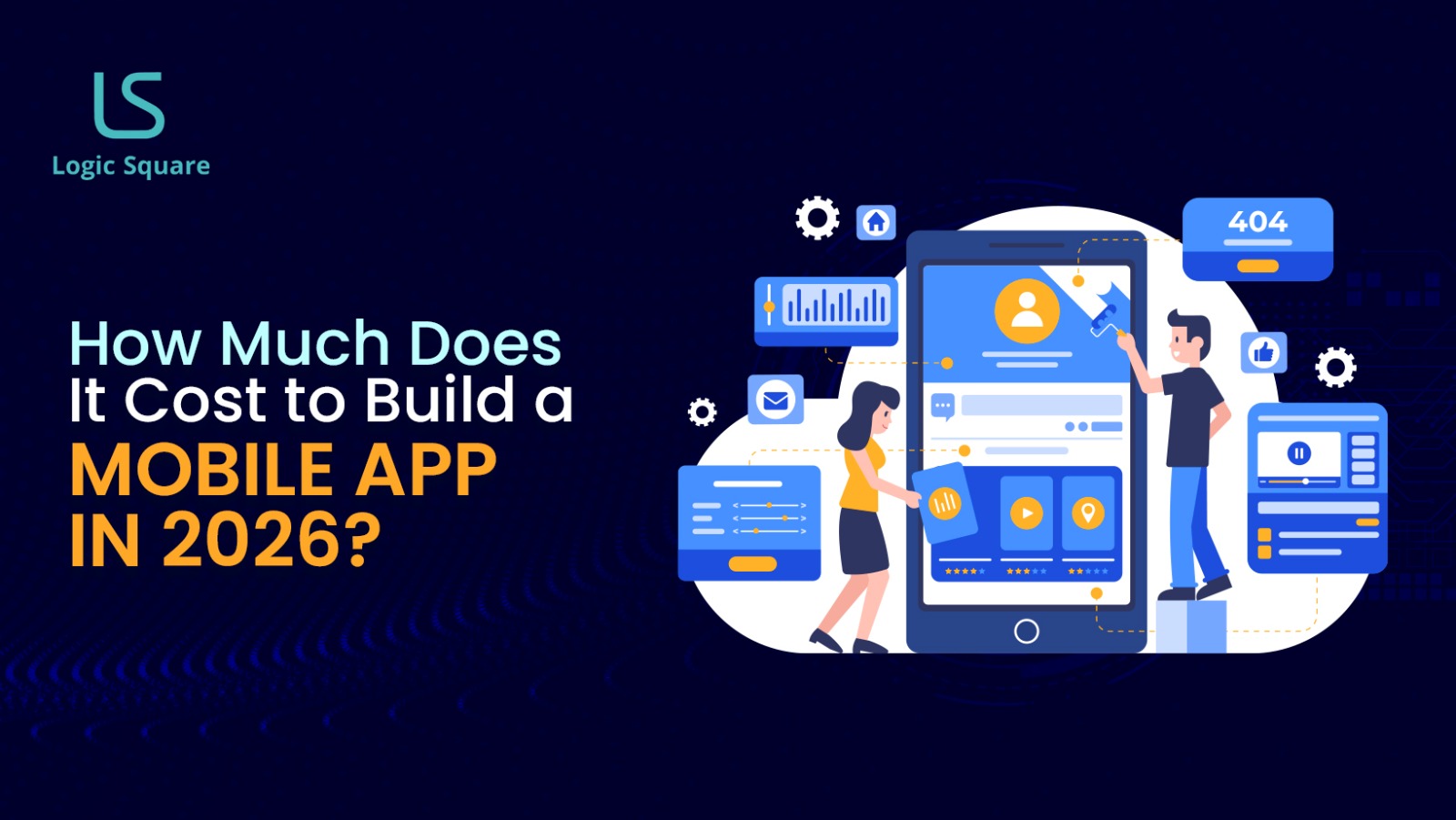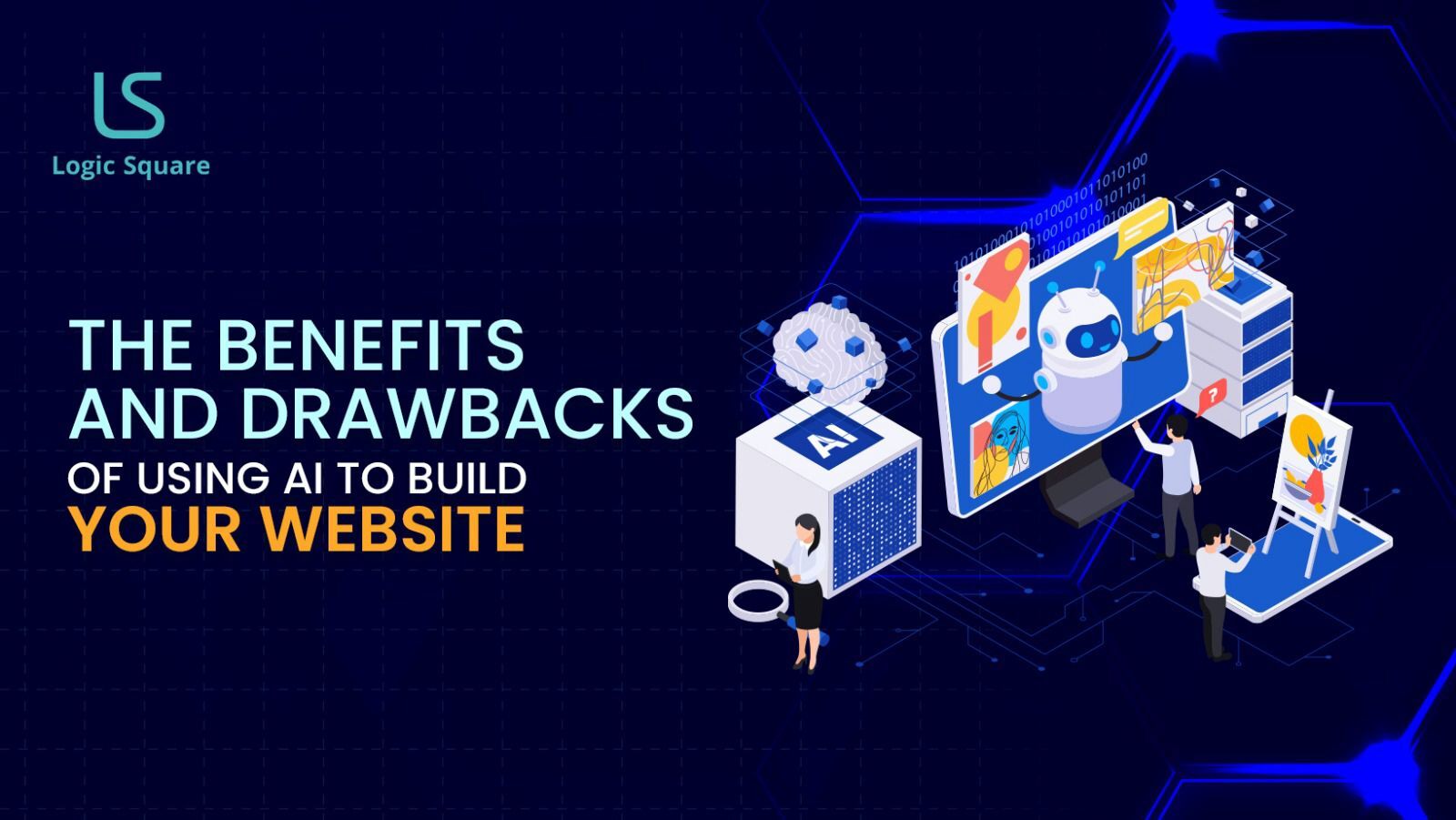The vibrant packaging of a new snack, the ecstatic scent of a freshly baked cake, and that familiar jingle on television – these quintessentially nostalgic elements were the cornerstones of FMCG (Fast Moving Consumer Goods) for decades. Cut to the chase; in 2025, the retail landscape is less about the physical aisle and more about the digital scroll. With evolving time and pace, consumers’ preferences have changed in terms of empowerment, information, instant gratification, genuine connections, and personalized experiences.
Now, the question for FMCG giants is not only restricted to “Should they embrace digital transformation?”, but rather, “How swiftly and strategically can they do so to not just survive, but thrive?”. The message is clear: this is not just about launching an E-Commerce site, it’s about reimagining how operations, customer engagement, and product innovation are powered by cutting-edge technology.
Table of Contents
ToggleThis becomes imperative for brands to analyze and understand their consumers deeply and ensure unparalleled agility at every step of the journey. This means it’s time to move beyond fragmented data and siloed departments to a unified, data-driven ecosystem. Wondering how to get started with it? The idea is to invest in robust digital infrastructure. You can connect with a top-tier mobile app development company like us to build the solutions that will define the future.
Let’s walk you through the bigger picture.
The Shifting Sands: Why 2025 Demands Digital Dominance
The FMCG domain has been historically characterized by high volumes, razor-thin margins, and extensive distribution channels. However, several elements and essentials are joining forces to make digital transformation non-negotiable.
Here’s all you need to know in this context of the discussion.
- The Hyper-Connected Consumer: From Generation Z to Baby Boomers, consumers are living online. Social media, online reviews, and instant messaging drive purchasing decisions. They expect seamless experiences across all touchpoints – from browsing on their phone to in-store purchases and after-sales support.
- The Rise of Direct-to-Consumer (D2C): Smaller, agile D2C brands are disrupting traditional retail by building direct relationships with consumers, offering personalized products, and leveraging social media for organic growth. This forces established FMCG players to re-evaluate their distribution and engagement models.
- Data as the New Currency: Every click, every purchase, every social media interaction generates invaluable data. The ability to collect, analyze, and act upon this data is the ultimate competitive advantage, enabling hyper-personalization, optimized supply chains, and predictive analytics for demand forecasting.
- Supply Chain Resilience and Transparency: Recent global events have highlighted the fragility of traditional supply chains. Digital tools like blockchain, IoT, and AI are becoming critical for real-time visibility, traceability, and building more resilient, efficient, and sustainable networks.
- AI and Automation: Artificial intelligence and machine learning are no longer theoretical. They are actively transforming everything from product development (predicting consumer trends) to marketing (hyper-personalized campaigns) and operational efficiency (automating quality checks, optimizing inventory).
Pillars of Digital Transformation: A Holistic Approach
FMCG brands must focus on several interconnected pillars in order to embrace digital transformation in its real essence.
- Customer Engagement with Mobile-First Strategies A well-designed, intuitive mobile app is not just a convenience anymore, but rather a powerful engagement tool. Collaborating with an experienced custom mobile app development company can help FMCG brands in creating:
- Personalized Shopping Experiences: AI-powered recommendations based on past purchases, browsing history, and even demographic data can drive higher conversion rates. Imagine an app that suggests a complementary product when a consumer adds their favorite snack to the cart.
- Loyalty Programs and Gamification: Exclusive app-only discounts, loyalty points, flash sales, and interactive games can foster brand loyalty and encourage repeat purchases.
- Seamless Omnichannel Integration: The app should be a bridge between the online and offline worlds. Features like in-store navigators, click-and-collect options, and augmented reality (AR) for virtual product try-ons (think trying on different shades of lipstick or visualizing furniture in your home) create a truly unified experience. L’Oréal’s AR app for virtual makeup trials is a prime example.
- Direct Communication and Feedback: In-app chat, push notifications, and direct feedback channels empower consumers and provide brands with invaluable insights.
- User-Generated Content (UGC) Integration: Encouraging users to share their experiences and creations within the app (e.g., sharing recipes using a brand’s ingredients) builds community and authentic brand advocacy.
- Powering Operations with Custom Software Solutions Off-the-shelf software often falls short when it comes to addressing the complex, unique needs of the FMCG sector. This is where a custom software development company walks in. It can become an indispensable partner dedicated to rolling out tailored solutions that can revolutionize internal processes and offer a distinct advantage over others. Here’s how:
- Intelligent Supply Chain Management (SCM): Custom SCM software can leverage AI for predictive demand forecasting, optimizing inventory levels, and real-time tracking of goods from production to the consumer. This reduces waste, improves efficiency, and enhances responsiveness to market fluctuations. Procter & Gamble’s smart factories, incorporating robotics and real-time data, exemplify this.
- Data Analytics and Business Intelligence (BI): Bespoke BI dashboards and analytics tools can consolidate data from disparate sources (sales, marketing, supply chain, customer feedback) to provide a holistic view of the business. This empowers data-driven decision-making, from refining product offerings to optimizing marketing spend.
- Automated Manufacturing and Quality Control: Custom software can automate repetitive tasks on the production line, ensuring consistent quality and reducing human error. AI-powered anomaly detection can identify issues early in the production process.
- Enhanced Customer Relationship Management (CRM): While standard CRMs exist, a custom CRM can be designed to specifically track and analyze unique customer interactions, purchase patterns, and preferences relevant to FMCG, enabling hyper-personalized marketing and customer service at scale.
- Blockchain for Transparency and Traceability: Custom blockchain solutions can provide an immutable record of a product’s journey, from raw materials to the consumer’s hands. This is crucial for verifying ethical sourcing, sustainability claims, and building consumer trust.
- Data-Driven Marketing and Personalization Gone are the days of mass advertising. In 2025, successful FMCG brands will master hyper-personalization. AI and advanced analytics, often backed by custom software, are the keys to ultimate success these days.
- Micro-Segmentation and Targeted Campaigns: Beyond basic demographics, brands can segment audiences based on real-time behavior, purchase intent, and lifestyle. This allows for highly targeted ad campaigns across social media, email, and mobile apps.
- Dynamic Pricing and Promotions: AI algorithms can analyze market conditions, competitor pricing, and demand fluctuations to dynamically adjust prices and offer personalized promotions, maximizing revenue and customer satisfaction.
- Content That Resonates: AI can help analyze consumer preferences to inform content creation, ensuring that blogs, videos, and social media posts are highly relevant and engaging. User-generated content is also set to be a key trend in 2025.
- Influencer Marketing with Precision: Data analytics can identify the most relevant influencers for specific products and target audiences, ensuring a higher ROI on influencer campaigns.
- Embracing Sustainability through Digital InnovationConsumers are increasingly conscious of a brand’s environmental and social impact. Digital transformation plays a vital role in achieving sustainability goals:
- Optimized Logistics and Reduced Waste: AI-powered route optimization and demand forecasting minimize transportation emissions and reduce product spoilage.
- Transparent Sourcing: Blockchain technology offers a verifiable trail of ethical and sustainable sourcing practices, building trust with environmentally conscious consumers.
- Circular Economy Initiatives: Digital platforms can facilitate recycling programs, refill initiatives, and even enable consumers to track the environmental footprint of their purchases. Unilever’s efforts in sustainable technologies are a testament to this.
The Road Ahead: Navigating the Digital Imperative
The journey of digital transformation is not a one-time project; it’s a continuous evolution. For FMCG brands to stay competitive in 2025 and beyond, they must:
- Foster a Digital-First Culture: This requires leadership buy-in, employee upskilling, and a willingness to experiment and embrace failure as a learning opportunity.
- Invest Strategically: Prioritize investments in technologies that offer the greatest ROI, focusing on areas that directly impact customer experience and operational efficiency.
- Partner Wisely: Collaborating with experienced technology partners, particularly a reputable mobile app development company and a specialized custom software development company, is crucial for successful implementation and ongoing innovation. These partners bring the technical expertise and industry insights to translate business needs into robust digital solutions.
- Measure and Adapt: Continuously track key performance indicators (KPIs) and gather feedback to refine digital strategies, ensuring they remain aligned with evolving consumer needs and market dynamics.
In conclusion, the future of FMCG is undeniably digital. Brands that embrace this transformation with courage, foresight, and the right technological partners will not only navigate the complexities of 2025 but will also emerge as leaders in a hyper-competitive landscape. The time to go beyond the traditional aisle and fully embrace the digital frontier is now.
Ready to Transform Your FMCG Brand for 2025 and Beyond?
The digital imperative is clear, and the competitive landscape is evolving at lightning speed. Don’t let your brand be left behind. Whether you’re looking to launch a groundbreaking customer engagement app, optimize your supply chain with intelligent custom software, or gain deeper insights from your data, our team of experts is ready to help.
Take the first step towards a digitally empowered future.
- Explore our Mobile App Development Services: Discover how a bespoke mobile experience can revolutionize your customer relationships.
- Learn about our Custom Software Development Solutions: See how tailored software can unlock unparalleled efficiency and innovation for your operations.
Contact us today for a free consultation, and let’s build your competitive edge for 2025!





